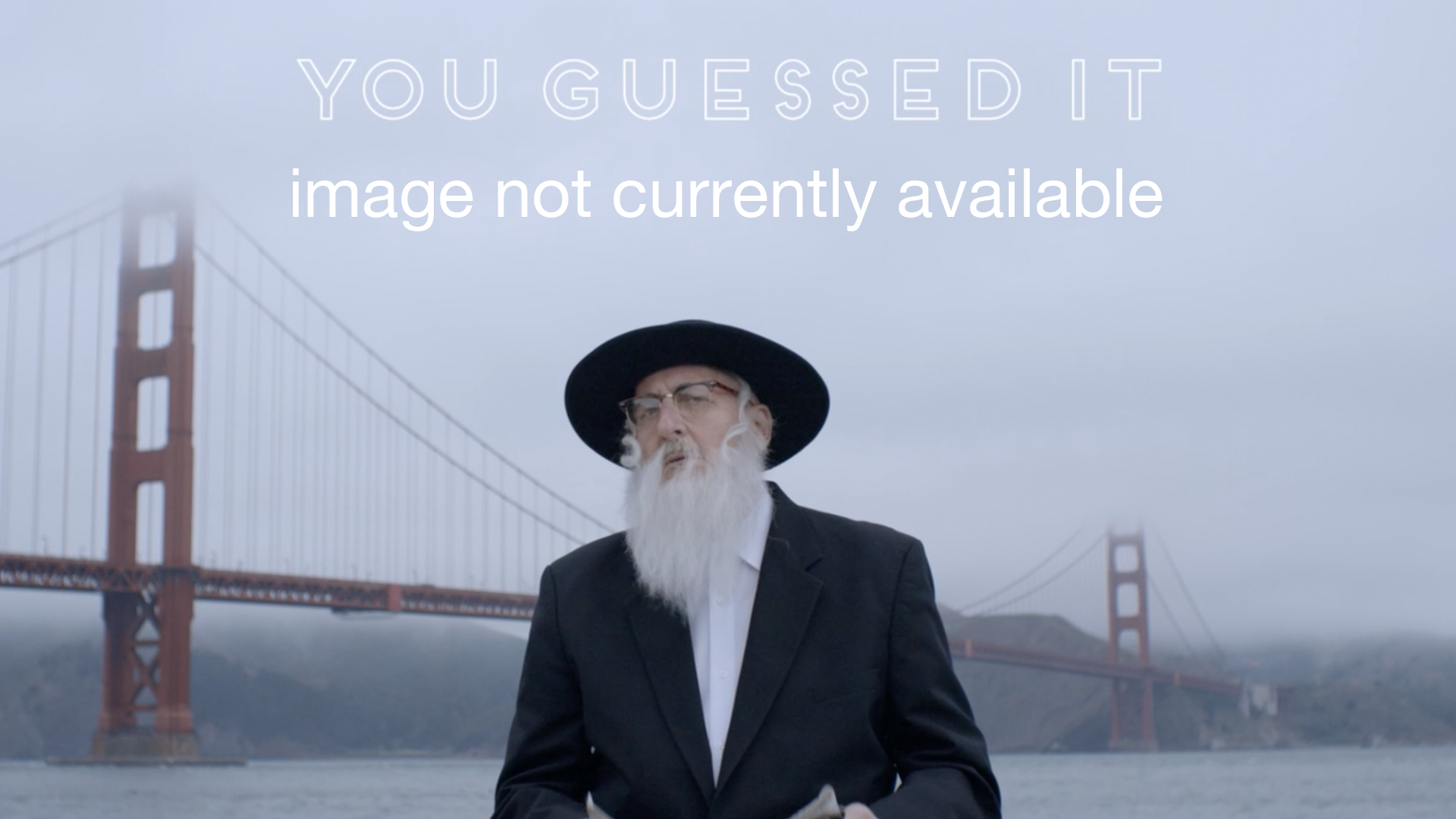Life is Too Long

Full Description
What do you get when you cross a screwball comedy with an existential crisis? A new Dani Levy movie, that’s what. Levy, the Berlin-based Jewish writer-director (Go for Zucker! SFJFF 2005; My Fuhrer and Freedom of Expression Award, SFJFF 2007), has created a lovable, pitiable alter-ego in Alfi Seliger, a nebbishy and hypochondriac filmmaker trying to get back in the game even while his wife is cheating on him, his kids don't like him and he suspects he has colon cancer. Even his psychiatrist thinks he should just end it all. But the heightened comic reality of Life is Too Long soon gives way to surreal existential questions: Is Alfi's life authentic or is the cosmic joke that he is actually trapped inside a movie (a Dani Levy movie, no less)? Such themes place this delightful and mind-bending romp somewhere between Fellini's 8 1/2 and Woody Allen's Stardust Memories—only goofier. As Alfi, Markus Hering is superb, in a film that features a who’s who of the German movie firmament, including Veronica Ferres (Saviors in the Night, SFJFF 2010) as the pushy wife of a big producer and onetime international bombshell Elke Sommer as (get ready for this) Alfi’s Jewish mama.
Filmmaker Bio(s)
Dani Levy was born in Basel in 1957, and has lived in Berlin since 1980. After spending a wild childhood and youth as circus clown, acrobat and guitarist in a rock band and with a mediocre (so he claims) high school diploma in hand, Levy worked in theater in Basel (1977-79) and Berlin (1980-83), before making his debut film DU MICH AUCH (Same to You, 1986), for which he won the prize for Best Film at the International Comedy Festival in Veyey. He received further awards for his 1988 film ROBBYKALLEPAUL (Audience Award at the 1989 Max Ophuls Festival) and his 1991 feature I WAS ON MARS (FIPRESCI Special Distinction as Best Film at San Sebastian).
In 1993, Levy won the Hypobank Director’s Prize at the Munich Film Festival with his WDR-commissioned short film OHNE MICH (1993), which launched a spate of movies against the resurgence of right-wing radicalism in Germany. A year later, together with Stefan Arndt, Wolfgang Becker and Tom Tykwer, Levy founded the production company X Filme Creative Pool. STILLE NACHT (1995), the first film made under the aegis of X Filme, ran in the International Competition of the 1996 Berlin Film Festival.
In 1997, after ten years of work on the script and development, Levy devoted himself to making a film that was very close to his heart: MESCHUGGE (The Giraffe). This complex thriller premiered in 1998 at the Toronto Film Festival. In 1999 MESCHUGGE was awarded, along with LOLA RENNET (Run Lola Run), the Bavarian Film Prize and the Award for Best Cinematography. The same year, commissioned by the automotive industry flagship city of Wolfsburg, Levy shot the first 360-degree feature film. DAS GEHEIMNIS DER SICHERHEIT, on location in Iceland and Munich.
In spring of 2001. Levy made his first video for the song "Adriano -- Letzte Warnung" performed by the Brother Keepers, a collaborative group of 14 Afro-German musicians (including Xavier Naidoo, Samy Deluxe, Tyron Ricketts and Sekou). The music video went on to become one of the most-played clips for 2001 on both VIVA and MTV. With his 2002 family drama VATER (I’m the Father), Levy painted a highly topical and vivid portrait of an ambitious generation that is forever at risk of coming to grief over its own aspirations.
In September of 2004, Dani Levy’s street theater piece "Freie Sicht aufs Mittelmeer" had its successful premiere. Commissioned by Theater Basel, the filmmaker staged a tour of his hometown in the form of a story of two unequal brothers, set against the background of left-wing culture and political unrest in Basel in the eighties and nineties.
Director(s)
Country(ies)
Language(s)
Release Year
Festival Year(s)
Running Time
86
Writer(s)
Cinematographer(s)
Cast
